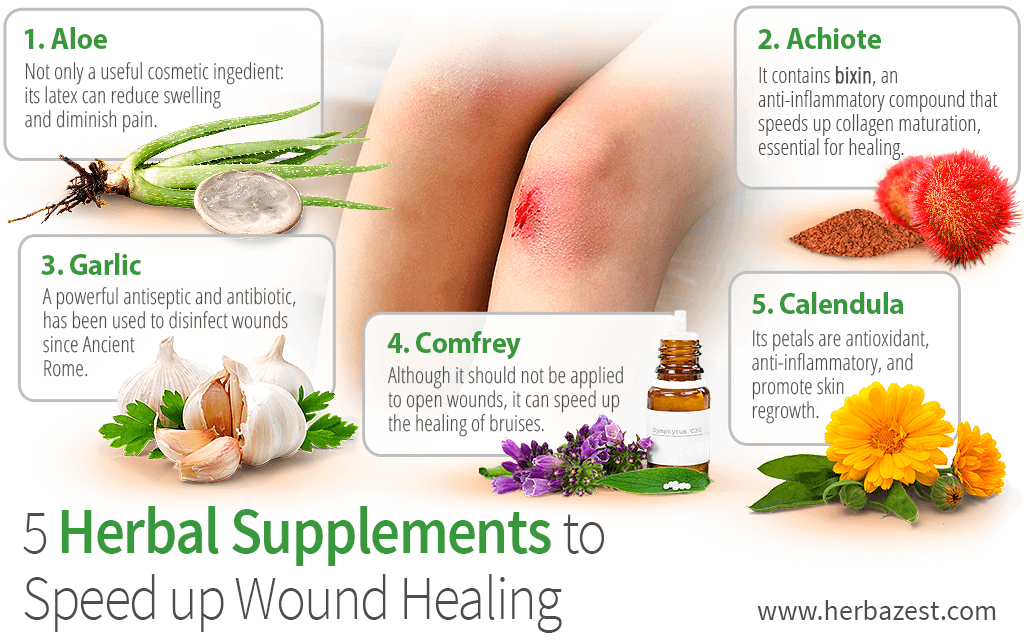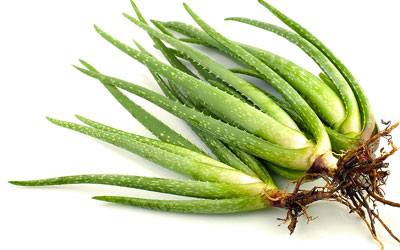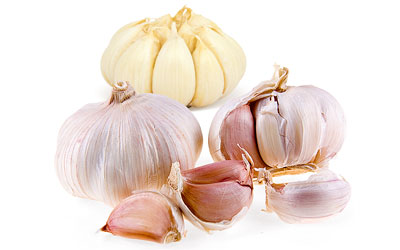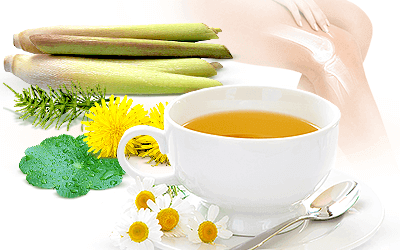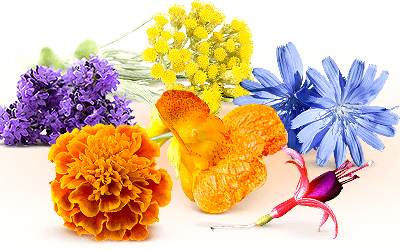The skin is the human body's largest organ, and it protects it from external temperature changes and toxins. Caring for it goes beyond cosmetics!
The term "wound" refers to any injury to body tissue, be this through a knock, a cut, or a burn. The body's healing response to a wound comes in stages: platelets in the blood clot together, and white blood cells flood to the site to fight invasive entities. Skin cells then multiply across the wound to close it, capillaries form beneath the new skin, and collagen is produced to fully close the wound as it matures. This process can be sped up, however, by topical application of certain anti-inflammatory and antioxidant herbs.
1. Aloe
Aloe is infamously beneficial to the skin, and its active ingredients are found in the leaves. The clear gel in the inner leaf and latex cells just beneath the skin of the leaves has considerable medicinal properties. Its anti-inflammatory and antioxidant abilities mean it can be applied directly to the wound to speed healing. It reduces swelling, relieves pain, and inhibits the activity of potentially damaging free radicals, enabling faster healing. The fragrant aroma of aloe makes it a popular choice for treating burns, cold sores, sunburn, surgical wounds, and psoriasis.
2. Achiote
Annatto is the non-edible fruit of the achiote plant. It is cultivated for the seeds, which contain an anti-inflammatory and antioxidant compound called bixin. It is extracted to treat ulcers and other wounds because it inhibits inflammation, speeds up collagen maturation, and wound contraction to facilitate its closure.
3. Garlic
Though its distinctive aroma means it may not be the first choice of wound-healing herb, garlic is anti-inflammatory, antioxidant, and antibacterial. As such, it speeds up collagen maturation in the skin tissues and acts as an antiseptic to prevent infection. There are recorded incidents of garlic poultices being applied for this purpose throughout history, including in Ancient Rome and during World War I.
4. Comfrey
Comfrey leaves contain active compounds - thought to be rosmaric acid, choline, and allantoin - that multiply collagen deposition and decrease cellular inflammation by a significant amount. While the herb should not be applied to open wounds - such as cuts - or taken orally, a salve made of comfrey leaves is effective in speeding the healing of scar tissue, abrasions, and bruises.
5. Calendula
Calendula, better known as marigold, has petals with antioxidant and anti-inflammatory properties that help reduce the swelling and discomfort in wounds. They also increase blood flow and oxygen supply to site to stimulate the re-growth of skin tissue at the rate 40% faster than the body's natural healing functions.
While the body is capable of healing itself naturally, it seems unnecessary to suffer the discomfort and susceptibility to infection when there are natural ways of speeding the process along. The aforementioned herbs are not only healing in the long run, but they will also provide immediate relief from wound pain.
Sources
- Australian Government, Health Care Channel, Wounds - how to care for them
- Current Pharmaceutical Biotechnology, Bixin action in the healing process of rats mouth wounds, 2013
- Die Pharmazie, In vivo wound healing effects of Symphytum officinale L. leaves extract in different topical formations, 2012
- Drug and Chemical Toxicology, Effect of aged garlic extract on wound healing: a new frontier in wound management
- Journal of Basic and Clinical Physiology and Pharmacology, Wound healing activity of flower extract of Calendula officinalis, 2009
- Toxicology Mechanisms and Methods, Influence of Aloe Vera gel on dermal wound healing process in rat, 2009
- University of Maryland Medical Center, Calendula


